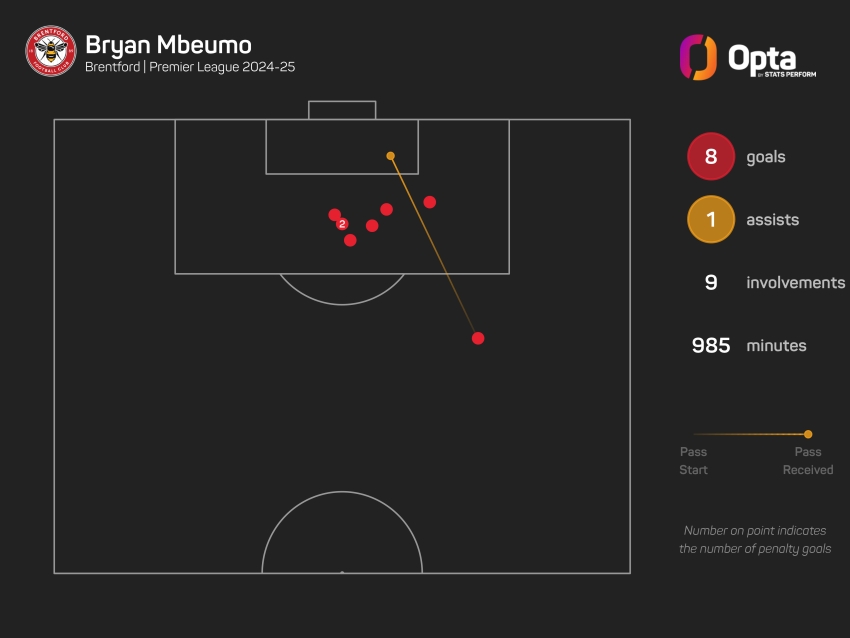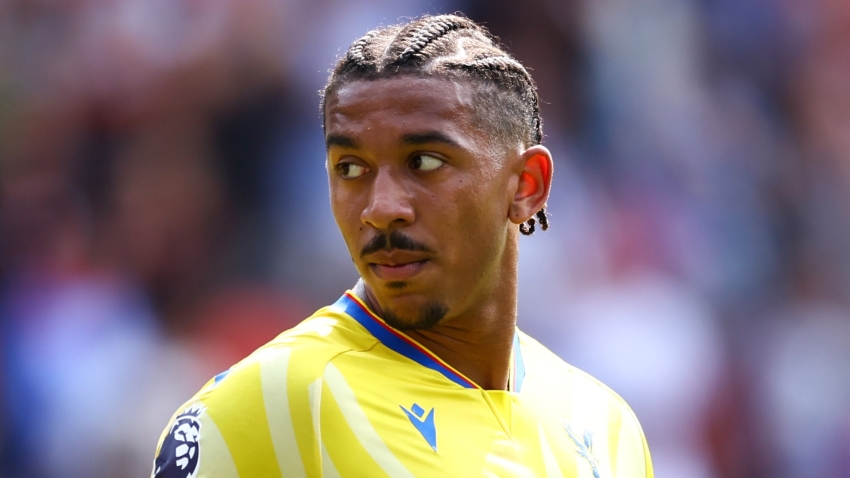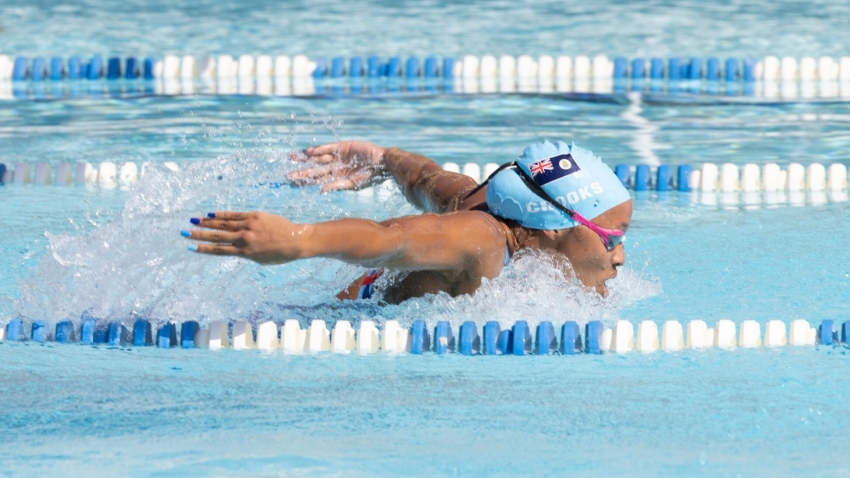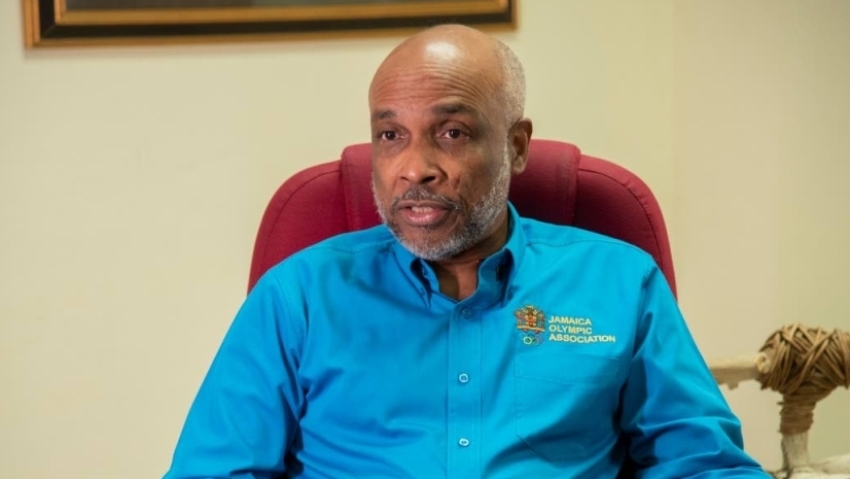Jamaica Olympic Association (JOA) president, Christopher Samuda, has expressed understanding and empathy toward the Commonwealth Games Federation (CGF) as they face the challenge of hosting a scaled-down version of the 2026 Commonwealth Games in Glasgow, Scotland.
With the event, traditionally a grand celebration of sport, culture, and unity, being reduced in size due to economic pressures, Samuda acknowledges the difficulties facing the CGF while also stressing the need to find ways to address the impact this decision will have on several sports that have been cut from the programme.
Diving, rugby, squash, badminton, table tennis, hockey, triathlon, and cricket are among the sports that will not feature in the 2026 edition.
The CGF initially struggled to find a host after the Australian state of Victoria withdrew last year, before Glasgow, known for its rich sporting history as a host city—including hosting the 2014 edition of the game—stepped in to save the 2026 Games. However, this comes with the reality of hosting a more compact edition than previous iterations.

For Samuda, the situation is an unfortunate but understandable outcome in a global landscape.
“The circumstances in which the Commonwealth Games Federation unavoidably found itself inevitably led to a scaled-down edition of the games. I regret the exclusion of badminton, table tennis, squash, and hockey; for those sports, the Jamaica Olympic Association has earmarked for real transitioning. The CGF’s decision was clearly influenced by commercial factors and the economy of a diminished sporting agenda, for at the end of the day, the games must be viable to ensure sustainability,” Samuda said.
However, Samuda also noted that the decision to reduce the scope of the Games, which will see several sports omitted from the 2026 programme, raises important questions about the future of those disciplines within the Commonwealth sporting family.
He argued that the CGF must find ways to compensate the sports that have been excluded, as they are integral to the diversity and spirit of the Commonwealth Games.
“Going forward, however, the CGF has to develop a strategy that will compensate those sports that are being excluded so as not to lose the interest and confidence of their international federations, commercial partners, and most importantly, the players and athletes for whom sports exist,” he reasoned.
Despite the current challenges, Samuda remains optimistic about the future of the Commonwealth Games and the role it plays in uniting nations through sport. He sees the 2026 edition in Glasgow as an opportunity to innovate and adapt, ensuring that the Games remain relevant in a changing world.

The Games will feature a 10-sport programme across four venues within an eight-mile corridor, with more than 500,000 tickets made available for spectators.
Athletics and swimming are included as compulsory sports for 2026, while there will also be track cycling, gymnastics, netball, weightlifting, boxing, judo, bowls, and 3x3 basketball.
“It is critical that the next games, while being an economic reinvention, should retain that unique traditional value that has given many sports and invaluable space on the Commonwealth sporting agenda and which have made it competitive as a sporting and commercial product amidst growing competition for the partnership dollar and public viewership and appeal,” Samuda said.































